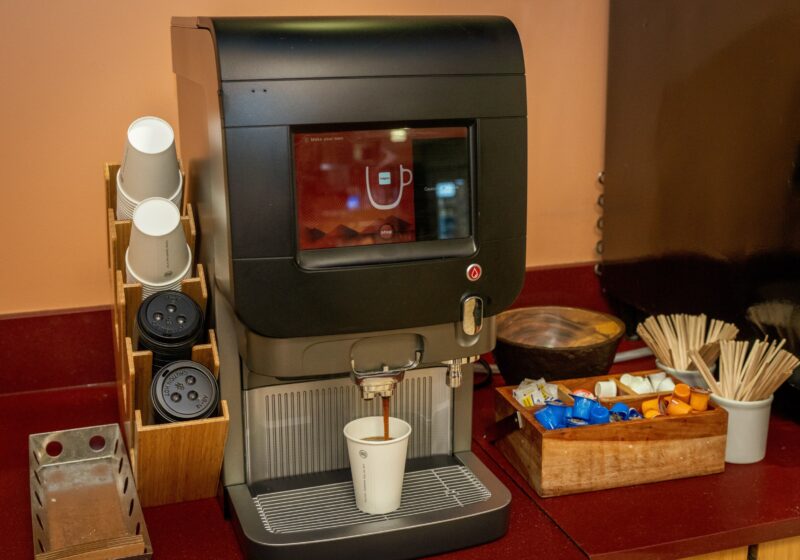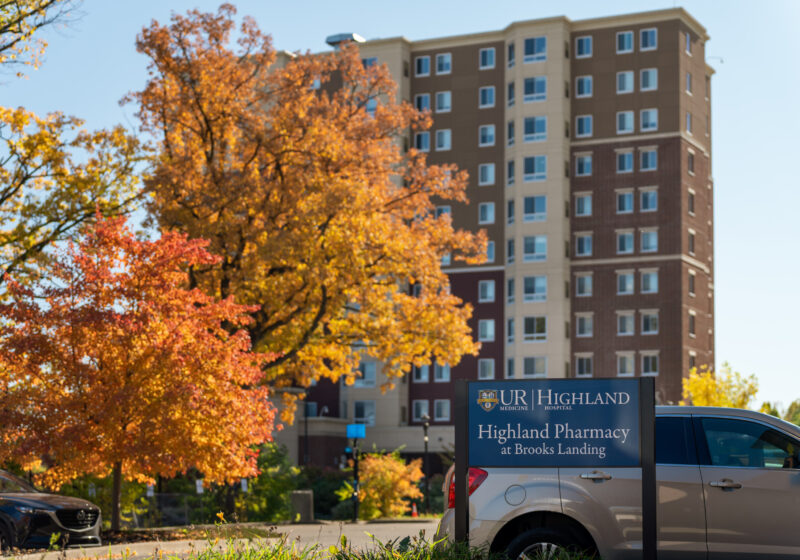Dean of the College Faculty Peter Lennie held a Town Hall Meeting on Strategic Planning in the Gowen Room on Wednesday. He addressed issues primarily about growth in the college and the expansion of faculty and programs. He also spoke about a number of initiatives that the administration is looking into over the next few years, such as increasing the college’s international focus, strengthening the Humanities, Science and Engineering Departments and improving student life by developing a college town.
Lennie began by comparing the University of Rochester to a number of “peer universities,” such as Brown, Cornell and Duke that attract the same sort of students as Rochester. The thing that sets Rochester apart from the rest of these universities is its size – the other universities have an average of seven schools and almost every one has more faculty, undergraduates and Ph.D. students.
Lennie stressed that in order to keep up with these universities in terms of reputation, visibility and attractiveness, the University needs to grow.
“We can’t offer the range of programs that we’d like to,” he said. This would involve the addition of infrastructure and a greater number of students and faculty.
The proposition that Lennie discussed was to increase the college faculty and the undergraduate population by 25 percent over the next ten years, raising the faculty from 320 to 400 and the undergraduates from 4000 to 5000. Lennie stressed that this was just a starting point, not a definite number.
“This is not a target number,” he said. “It is a point of merit. We haven’t got a plan yet.”
One of Rochester’s advantages over other similar universities is its small size, and the administration realizes the need to keep the Rochester community tight-knit.
“It’s a valuable attribute of the College, that it’s intimate and collegiate,” Lennie said. “Even if we grew by 25 percent, we would still remain small.” Lennie is convinced that the extra 25 percent will not make the campus seem more crowded. One initiative that is currently being discussed involves a “dorm-like private residence” in the 19th Ward that would be rented out exclusively to University students.
The initiative to build off-campus is being discussed independently of the expansion and is tied into the idea of creating a college town. Lennie acknowledges that Rochester does not have any semblance of a college town, and the administration is looking into trying to develop one over the next few years.
“Building off-campus housing across the river is something that could emerge as a nucleus for a college town,” Lennie said. Interim Dean of the College Richard Feldman emphasized that the University would try to work together with the community.
“The idea is to engage with the people, make us welcome members of that community,” he said. “If there is a group of students there, there will be a basis for bookstores, or a coffee shop.”
Another main point of the meeting was the school’s intention to pursue an international focus. This includes courses that teach about international issues and area studies, more focus on study abroad programs and an increased percentage of international students from 6 percent to ten percent.
Students who attended the meeting understood that Lennie was merely trying to lay out possible courses of action for the University, and that he was not able to answer many of their questions since nothing has yet been decided.
“What we are doing tonight is staking out territory that needs to be explored,” Lennie said.Wrobel is a member of the class of 2010.





